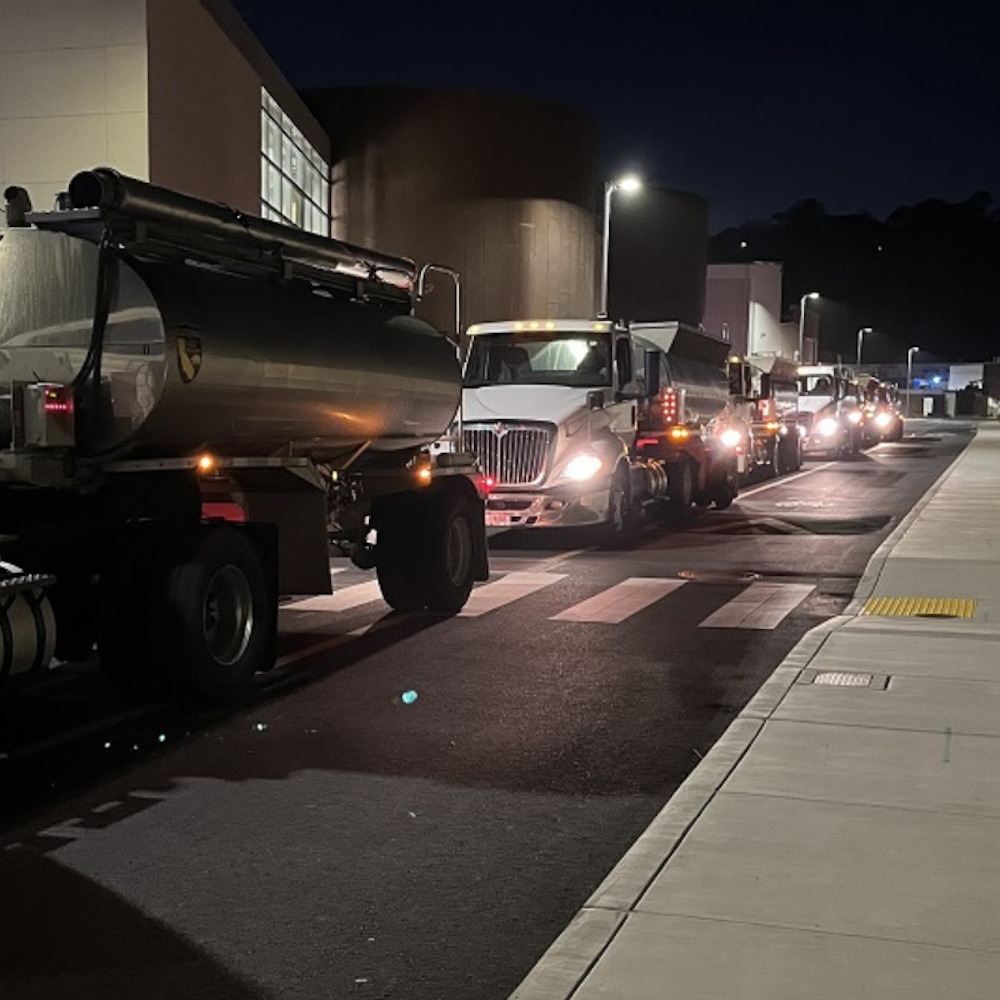
In a landmark decision following persistent efforts by rideshare drivers, Minnesota has enacted a statewide policy that dramatically reshapes the compensation and working conditions for Transportation Network Companies (TNCs) like Uber and Lyft. As reported by a Minneapolis government bulletin, this achievement is the outcome of extensive organizing by rideshare drivers who had rallied at City Hall back in the fall of 2022.
The new policy, which was pushed over the finish line by rideshare drivers and their allies on the city and state legislation floors, will provide drivers with a 20% salary bump. A pivotal point in the campaign came this past March, when the Minneapolis City Council, buoyed by a vocal supermajority, passed what has been called the Minneapolis Fair Drives, Safe Rides ordinances. This piece of local legislation, however, comes with a sting in the tail—namely preemption. This controversial aspect of the new state law precludes cities from regulating TNC compensation and other requirements, effectively hamstringing local governance on the matter according to the bulletin.
Despite the celebration of increased wages and enhanced worker protections, tensions are simmering due to Governor Walz's insistence on preemption, seen by many as a capitulation to corporate interests at the expense of local autonomy. In a joint statement crafted by Minneapolis rideshare co-authors and cited by the Minneapolis Bulletin, they assert, "Preemption is inherently anti-worker and undermines local democracy."
The scuffle with corporate giants Uber and Lyft underscores a broader national conflict, as these TNCs are known for their assertive tactics to maintain their interests. As per the Minneapolis Bulletin, "These two billion-dollar tech companies have been successful in pressuring many elected officials to allow them to continue their exploitative labor practices." Yet, in an affirmation of grassroots resilience, the co-authors declare they and the Council did not succumb to this corporate pressure.
The shared victory was attributed to the alliance of rideshare drivers with socialist and progressive legislators. Notably absent from the praise were Mayor Frey and Governor Walz, whom the co-authors accuse of championing "vetoes and subminimum wages" in stark contrast to their colleagues in the Council and state legislature who fought alongside the drivers. This tumultuous journey through Minnesota's political landscape underlines the continued tensions between local aspirations and statewide mandates, with the latest prevailing policy set to take effect on December 1, 2024.








